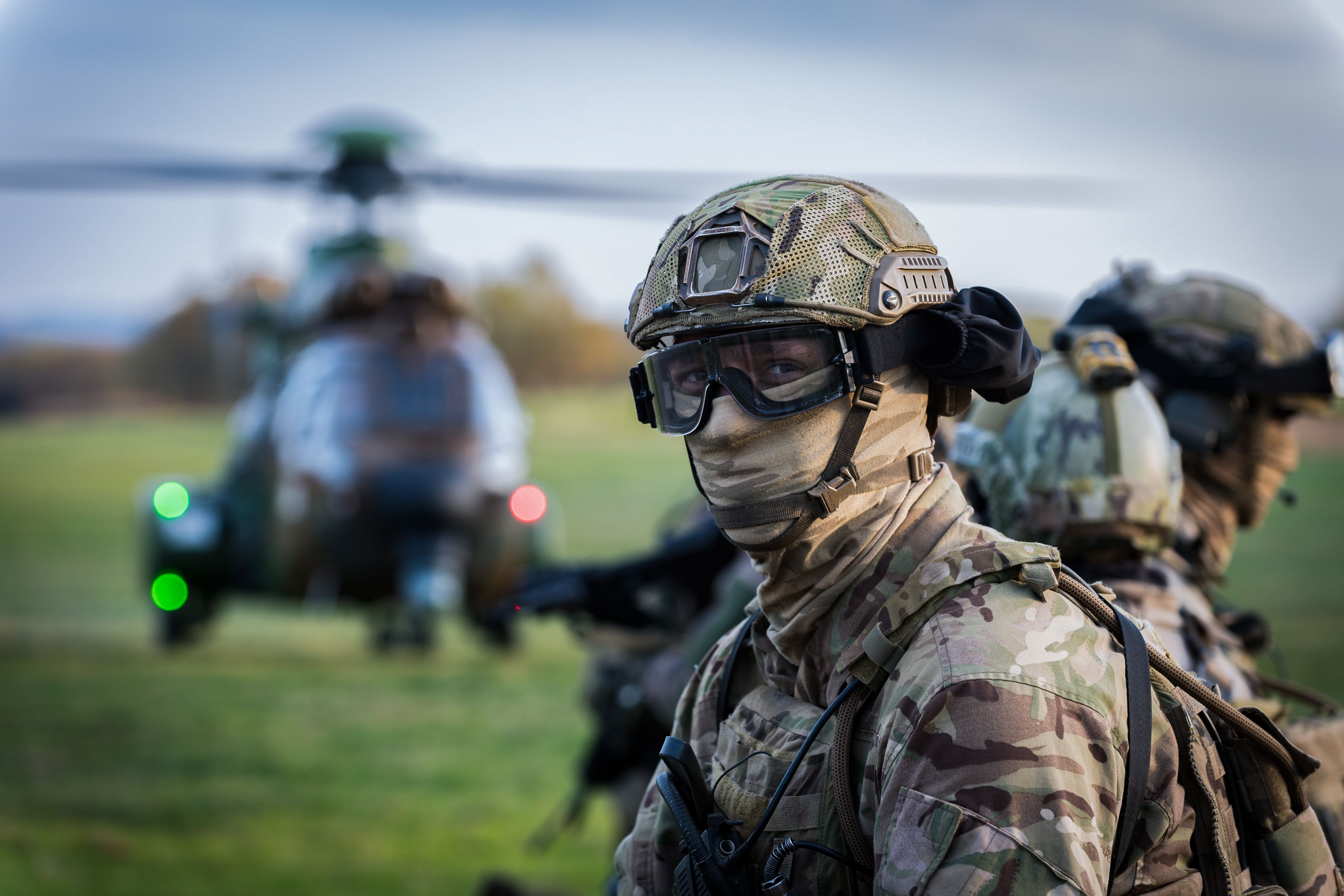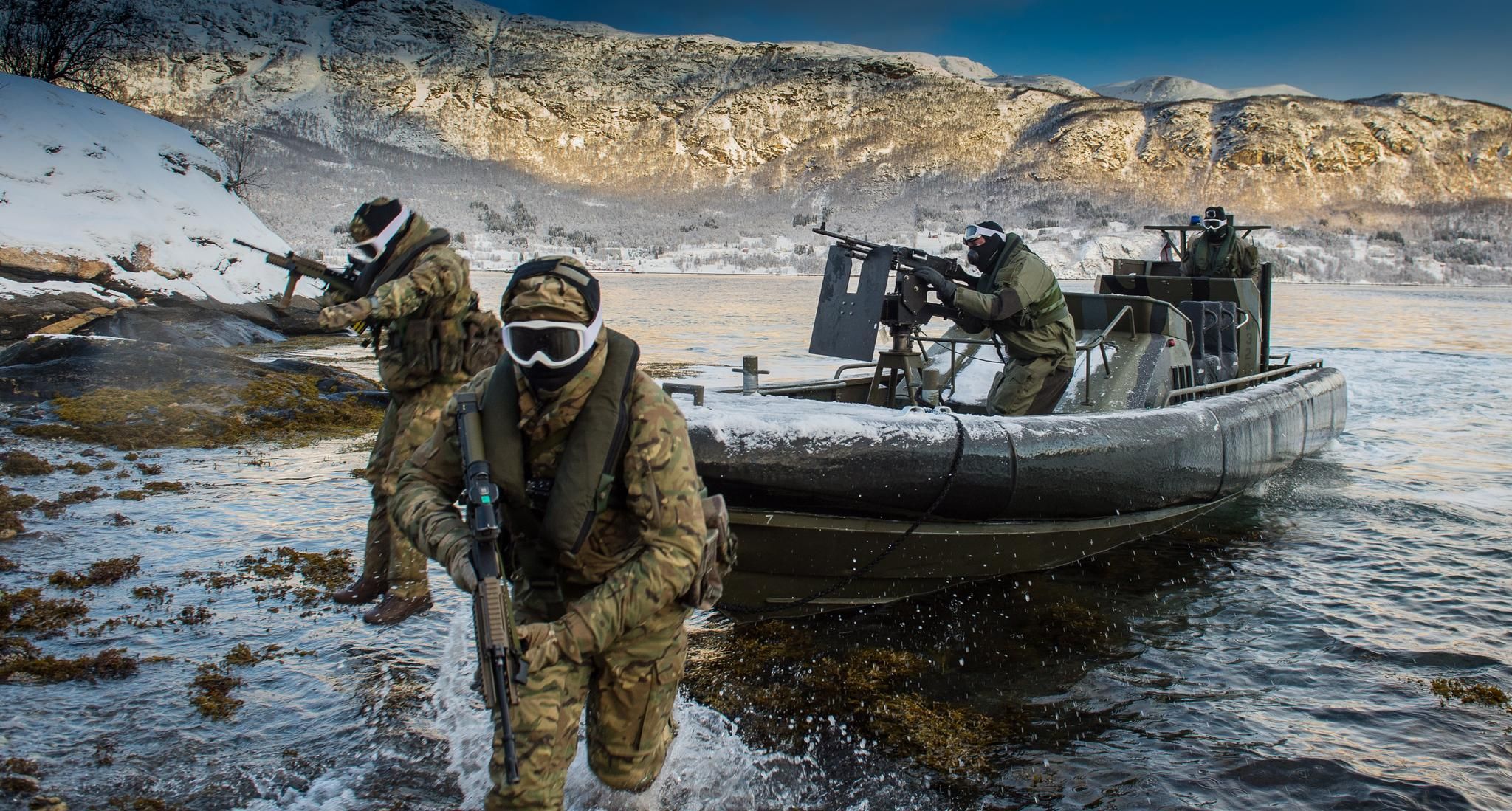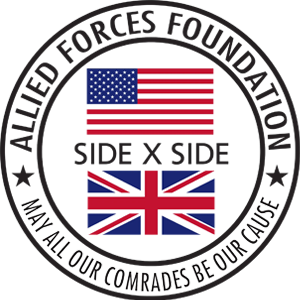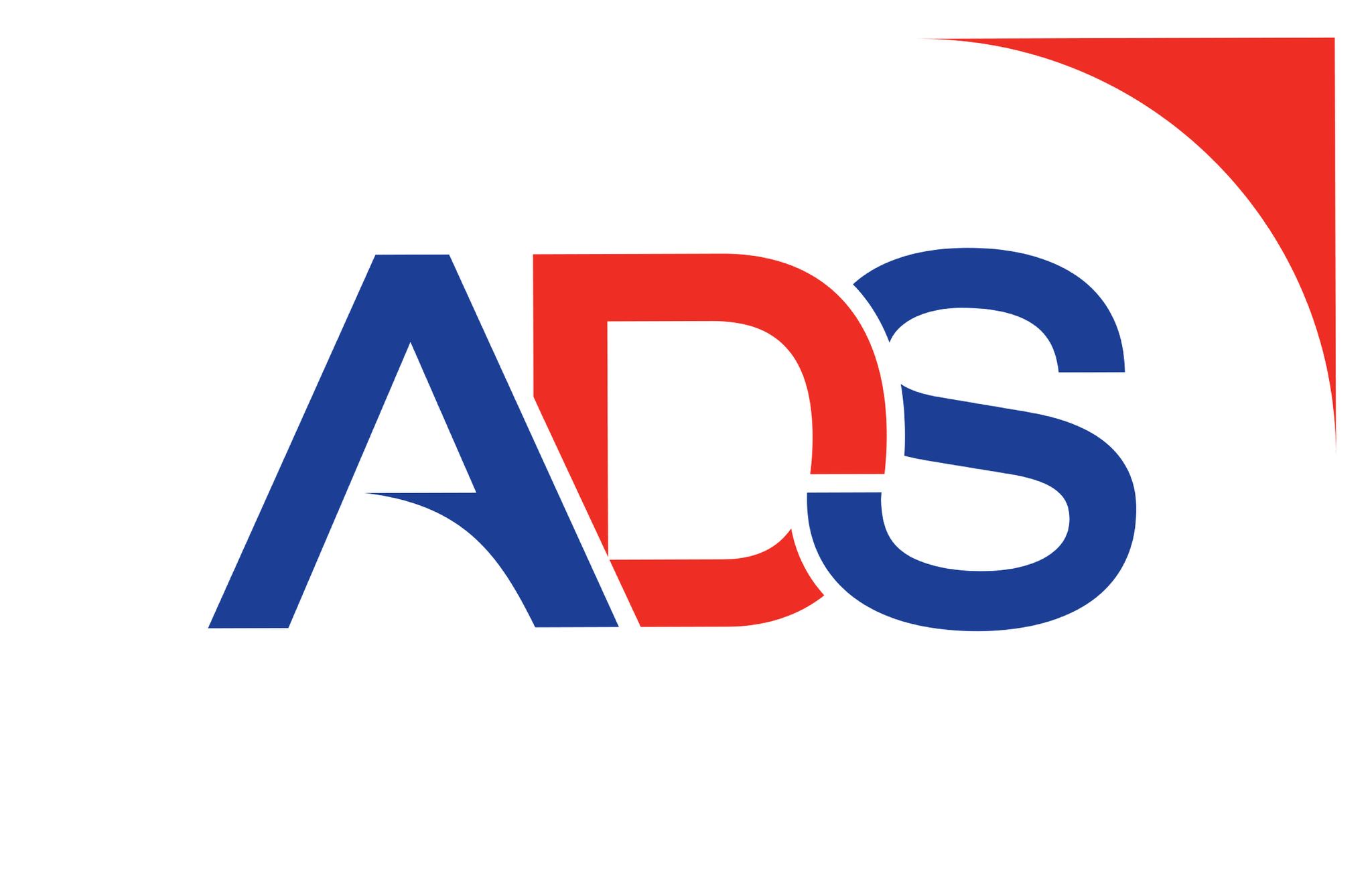Strengthening Security Through Allied Solutions: Interoperability, Interchangeability and Interdependence
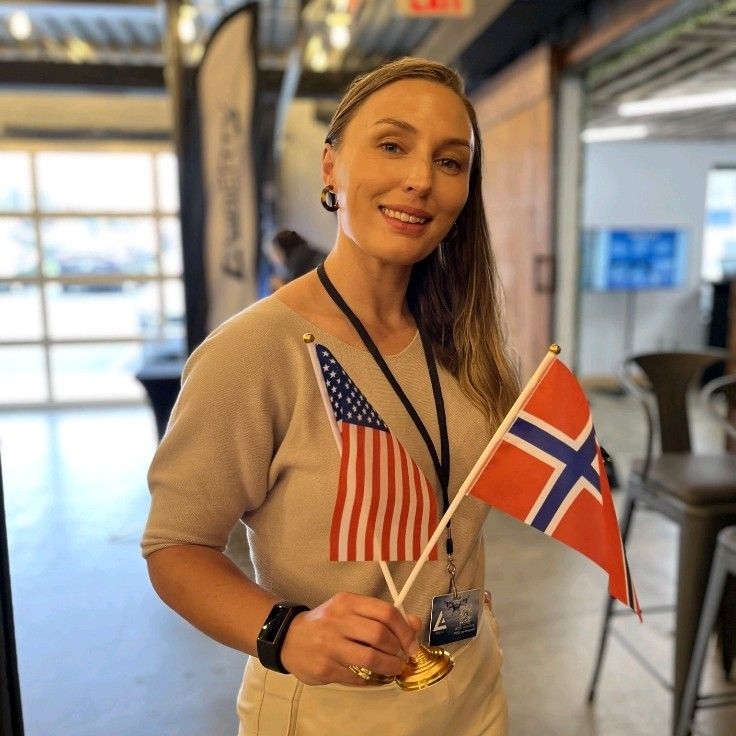
In an era defined by rapid technological advancements and evolving security threats, the importance of allied solutions for defense problems cannot be understated. We must work together, not only on future battlefields, but far earlier in the process to ensure the massive diversity of technological solutions we are putting into the hands of operators integrates at the point of need. The pacing challenge is integrating multi-national systems needed to ensure interoperability in denied environments, necessitating industry to lean forward to ensure this challenge is solved long before the next conflict.
As a Director of International Operations and former science and technology liaison, I’ve experienced firsthand the challenges in finding or generating interoperable solutions for the end user. To be able to achieve these solutions we must collaborate. I view collaboration through the requirements of interoperability, interchangeability and interdependence between forces. The size and capability of a country’s military force, their geo-political outlook, their domestic defense industrial base and their co-operative status with partner nations will define which and how a country will engage in these concepts. I believe we can view these concepts as a spectrum of co-operative ability in countries’ military technologies and system of systems. Countries with the scale, desire and requirement to operate bespoke systems focus on interoperability, those with smaller scales and less bespoke requirements can consider interchangeability to make more efficient use of partners’ economies of scale. Interdependence lies at the very end of this scale where specific capabilities may be held and shared by a particular nation or group of nations and relied upon by their partners.
So, considering these requirements, industry needs to get on board and collaborate, alongside government and foreign partners, to support the achievement of these goals. When developing capability solutions for the defense market, industry must consider how their systems effectively support or solve the needs stated above. Determining how they can scale and modulate their solutions to facilitate cooperation between military forces remains an important consideration. We, as industry, must consider ourselves part of the team as we develop the technologies and systems for militaries to use in global conflict. We must not wait until a crisis event or conflict occurs to make systems integrate. We must instead consider how they will integrate at the very inception and how we can facilitate the most efficient integration rather than leaving this to those at the tip of the spear.
Therefore, similar to the co-operation that we see between nations and between militaries, international defense industry must also collaborate to create these efficient solutions. We must consider what components of our technology we must protect for the commercial imperative but also, critically, how we can work openly with others to achieve interoperable solutions. The adoption of common standards, interfaces and control solutions is key. There is absolutely risk in opening up the way we do business, but the commercial reward is in the increased economies of scale and human capital reward in better enabling our security forces. In my capacity as a member of industry enabling international solutions and collaboration, independent technology options don't equate to capability solutions. Only together can we realize true asymmetric capability advantage, and without collaboration, the outcome is incomplete at best and catastrophic at worst for operators on the front lines.
As we step forward into the age of exponential increase in technological capability for military forces, we must strengthen collaboration between industry players. Operational necessity also demands closer relationships between Defense and industry as one cohesive team in solving future defense problems. As we experience step change in global conflict and technology development, we must also make step change in the way we do business to keep pace. Collaboration is the critical enabler to achieving superiority in military alliances, industry must now step up to the plate and be part of the team and militaries must enable them to do this.

